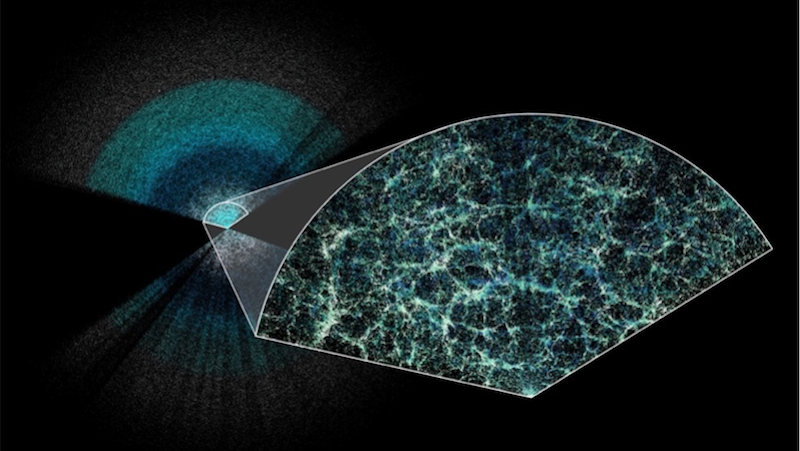The Homeric epithet “wine-dark sea” does more than paint a pretty image—it also tells us about the very strong character of Greek wine.
Question: Are your findings at all related to the use of the term “wine dark sea?”
rnMarcelo Magnasco: We haven’t. There has been a huge debate that I haven’t followed in all of its intricacies regarding the Dark-Wine Sea so at some point there was an idea that Wine at the time was way too strong to be drank without diluting and unless you diluted it it acquired some discolorations that looked like the sea. There has been an entire thread of people looking at that. It doesn’t help that we really don’t know exactly from the Homeric language. Some of even the words are still under dispute exactly what they mean. Clearly, Wine-Dark Sea is not something that we would call today the Sea okay but we don’t have the same wine today as they had in those times so I really don’t know about how to interpret that. What I can say on the other hand is that whenever you read the description of saline the description is extremely vivid in exactly you know how they have the masts, how they you know, how they pulled the ropes. The person writing seems to know very, very well what he’s talking about so clearly if you know if they are describing the sea as being you know wine in coloration probably their wine was indeed the color of the sea or something like that.





